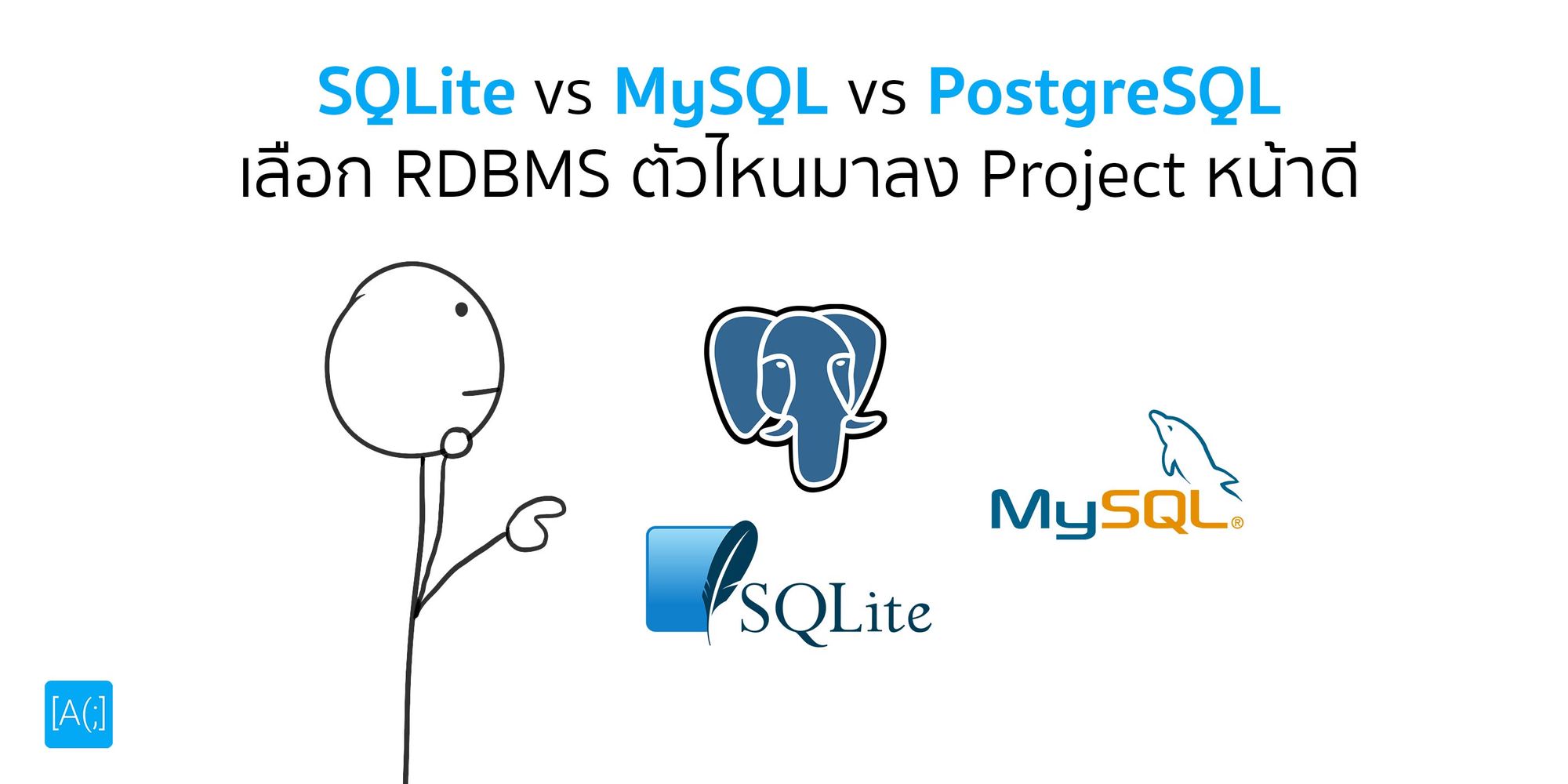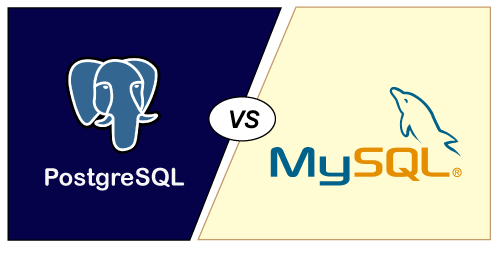

- #Postgres vs mysql sql syntax how to
- #Postgres vs mysql sql syntax full
- #Postgres vs mysql sql syntax password
MySQL reports that some of their users have up to 200,000 tables and about 5,000,000,000 rows. Scalability and Limits: It can support large databases.
#Postgres vs mysql sql syntax password
Security: A privilege and password system that is very flexible and secure, and that enables host-based verification.MySQL boasts a robust and complete feature set that is sure to impress its users.
#Postgres vs mysql sql syntax full
To see the full list of PostgreSQL features check out this comprehensive table provided by. New features are constantly being added with each new release.

With its proven performance, reliability, and ease of use, MySQL has become the leading database choice for web-based applications, used by high-profile companies such as Facebook, Twitter, YouTube, and many more. It is one of the most popular open-source databases in the world. MySQL is an open-source relational database system backed by Oracle. PostgreSQL supports most operating systems and has been ACID-compliant since 2001. PostgreSQL boasts a vast and dedicated community that maintains the reliability of the software. It is reliable, secure, and has an impressive feature set that helps ensure data integrity. PostgreSQL is an open-source relational database system that also allows object-oriented database functionality. You may be wondering, is MySQL better than PostgreSQL? Not exactly, the right choice for you will depend on your unique situation.īy the end of this post, you will know exactly why you would choose PostgreSQL or MySQL, and the benefits and potential drawbacks of that choice.
#Postgres vs mysql sql syntax how to
PostgreSQL vs MySQL: What Are the Main Differences and How to Choose the Right OneĪccording to the Stack Overflow Developer Survey 2020, MySQL is the most popular database at the moment, with PostgreSQL in second place. This article will be a deep-dive into the difference between two popular database options, MySQL and PostgreSQL.


 0 kommentar(er)
0 kommentar(er)
